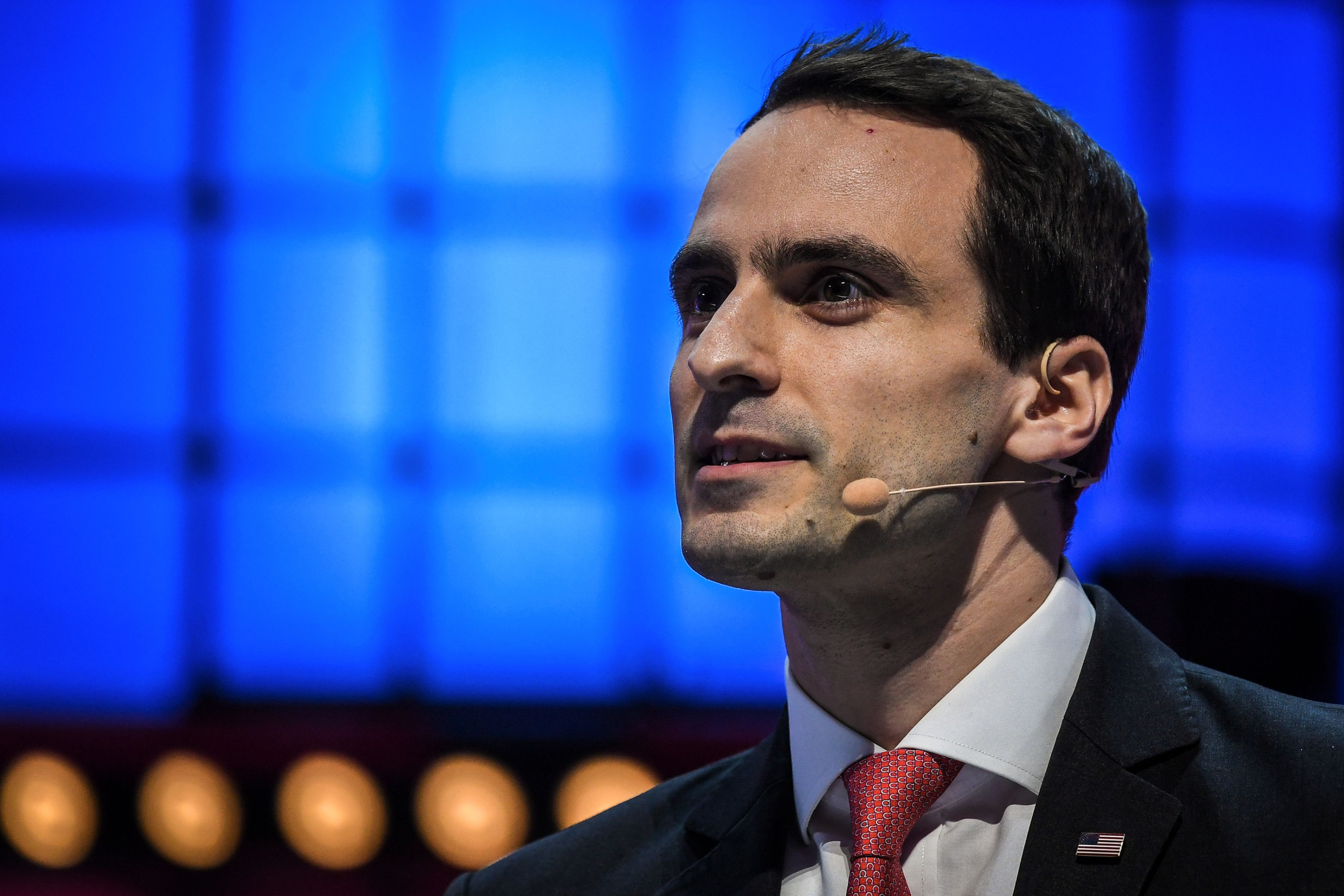

I use proton VPN, but no I always just get my phones from Amazon bc it’s cheap. Never was a real problem in the past, but now that the U.S. is (officially) a giant Oligopoly, probably not a wise idea.
I don’t really know any tech friends that are super in the know about that kind of thing. I have a paid Norton 360 subscription that does frequent scans for malware and says it never finds anything, but honestly wouldn’t even be surprised to learn I’m paying for a useless subscription.
The only reason I even bring that up is bc our current Governor who has always been a power hungry authoritarian boot licker renewed the Executive Order for a state of emergency for a cyber incident that our previous governor first created when the data breach happened several years ago.
When he “renewed” the order, he also slipped in a new section that granted authority to the director of one of his cabinet’s agencies, Governor’s office of Homeland Security and Emergency Preparedness (GOHSEP), to handle the emergency as he sees fit.
What’s even more concerning is that on the same day he renewed this order, he restructured GOHSEP so that it is now under the control of the state’s National Guard, gave the former director of GOHSEP a new title, and then named a member of the Guard “acting director.”
He’s been very vague about what the renewal was about, but it allegedly had something to do with updating the OMV/DMV data base for the state. Since then he has also created a hiring freeze for the state, which would seem to indicate that whoever was acting director is now indefinitely the director named in the executive order until the governor decides to lift the hiring freeze.
Even for someone not already paranoid, and without everything happening at a national level, that would all be a bit concerning right? I’m not a journalist, but I’ve been trying to get people to pay attention to it.
For some reason, no actual local journalists seem to be willing to point this out, but it’s all publicly available information.






Yeah that is kind of a given, I just wish more people would wake up to that fact.